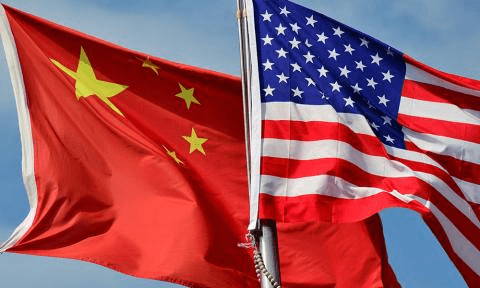Senators Mark Kelly (D-AZ), Marco Rubio (R-FL), and Rick Scott (R-FL) have introduced the bipartisan Strategic Port Reporting Act to counter China’s growing maritime threat.
The legislation requires the U.S. Department of Defense to develop a strategy to address the increasing influence of Chinese companies in key global ports, posing risks to U.S. national security, trade routes, and global supply chains.
China’s expanding maritime network, including acquisitions in U.S. and foreign ports, is seen as a threat to U.S. economic and national security interests.
The senators emphasised the importance of securing U.S. ports and infrastructure from Chinese influence.
“America’s economy relies on trade, and this bill is critical to securing our ports overseas from Chinese influence that threatens our economy and national security,” said Senator Kelly.
Senator Rubio added, “Florida’s key ports cannot be allowed to fall under Communist Chinese influence. We must prevent our adversaries from using our resources against us.”
Senator Scott underscored the need to protect U.S. ports and infrastructure from Chinese ownership, influence, or access.
The Strategic Port Reporting Act is part of a broader effort to counter China’s global maritime activities.
In May, Senators Kelly and Rubio released a bipartisan report outlining steps to revitalise the U.S. maritime sector and compete with China. Earlier this year, they led a bipartisan effort urging President Biden to enhance U.S. maritime power and reduce dependency on Chinese maritime infrastructure.
Copyright Ships & Ports Ltd. Permission to use quotations from this article is granted subject to appropriate credit given to www.shipsandports.com.ng as the source.

